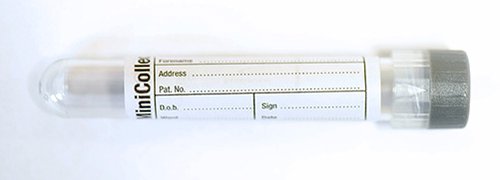Glucose
Chemical Pathology
Notes
- Glucose is used in diagnosis and monitoring of diabetes mellitus and other forms of hyperglycaemia, in monitoring patients who are at risk of developing diabetes and also in the diagnosis and monitoring of treatment of hypoglycaemia.
- In a symptomatic patient, a fasting glucose level of equal to or greater than 7.0 mmol/L is diagnostic of diabetes; in an asymptomatic patient two fasting values at this level are required. If a random glucose is >11.0 mmol/L diabetes is likely.
- If a fasting glucose is in the range of 6.1 - 6.9 mmol/L, then a formal glucose tolerance test may be required IF HbA1c is not a suitable diagnostic test.
- HbA1c can be used in the diagnosis of diabetes (refer to G-Care: Diabetes for further information).
- A laboratory glucose measurement is essential to diagnose hypoglycaemia.
Sample requirements
- Glucose levels fall in blood samples after collection so blood for glucose measurement is normally collected into a tube containing fluoride-oxalate as a preservative.
- Please clearly mark on the request form "Fasting" or "Random" sample.
For adults and children, blood taken into a 2mL fluoride-oxalate tube

For neonates, blood taken into a 0.25mL minicollect fluoride-oxalate tube

Storage/transport
Samples are best sent straight to the laboratory at ambient temperature but if unavoidable can be stored refrigerated overnight.
Required information
Reason for the request e.g. ? diabetic. Relevant medication e.g. insulin. Whether patient has fasted or not and time of samples should be clearly stated on the request form.
Turnaround times
The assays are run throughout the day and night.
The in-lab turnaround time is normally less than 24 hours.
The test can be ordered as an urgent request.
Reference ranges
Fasting plasma glucose 3.0 - 6.0 mmol/L
Random serum or plasma glucose 3.0 - 7.7 mmol/L
Further information
Glucose tolerance tests can be done at the GP surgery. Please click link for the protocol.
To learn more about glucose visit Lab Tests Online
Page last updated 20/08/2025